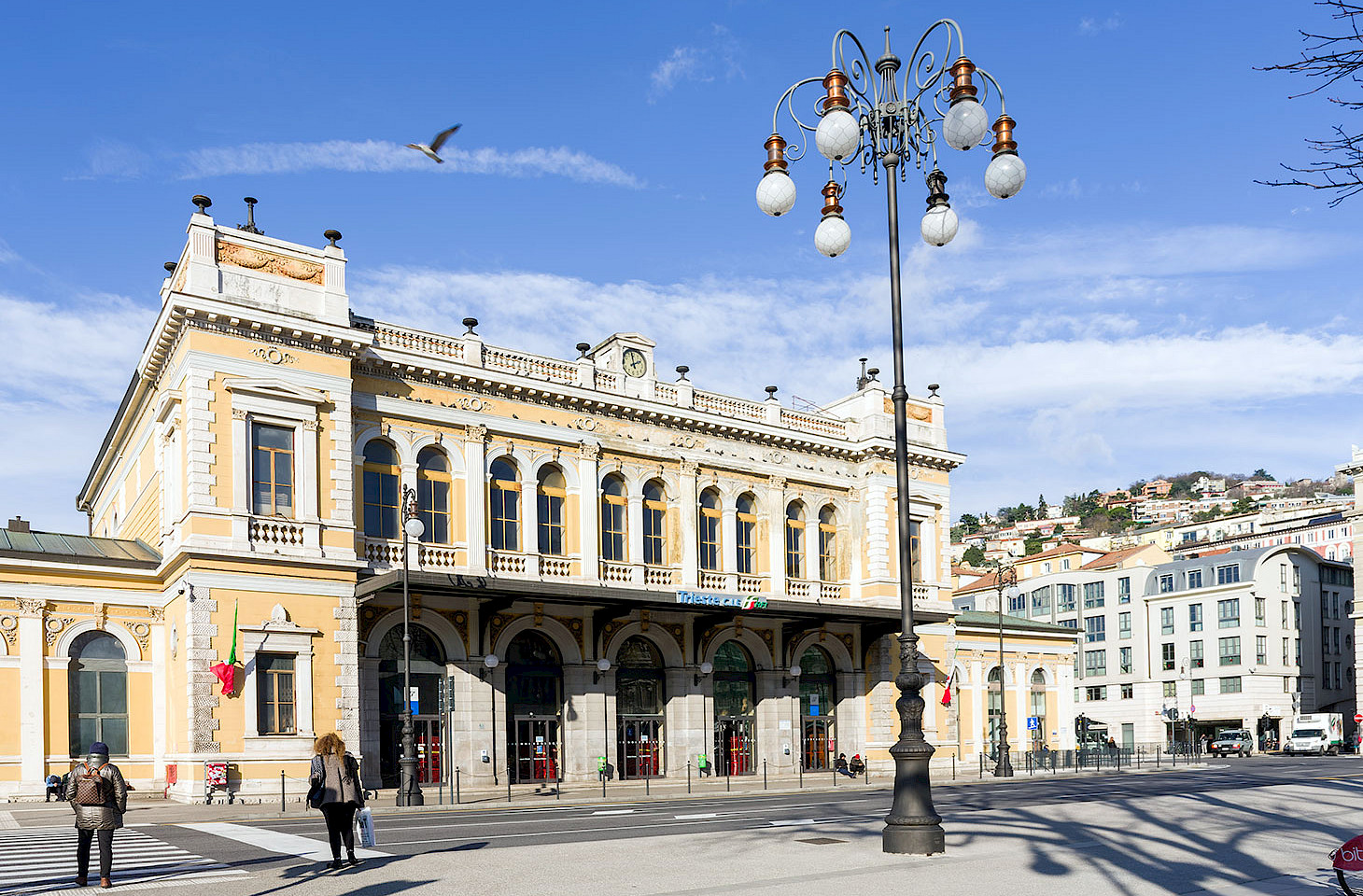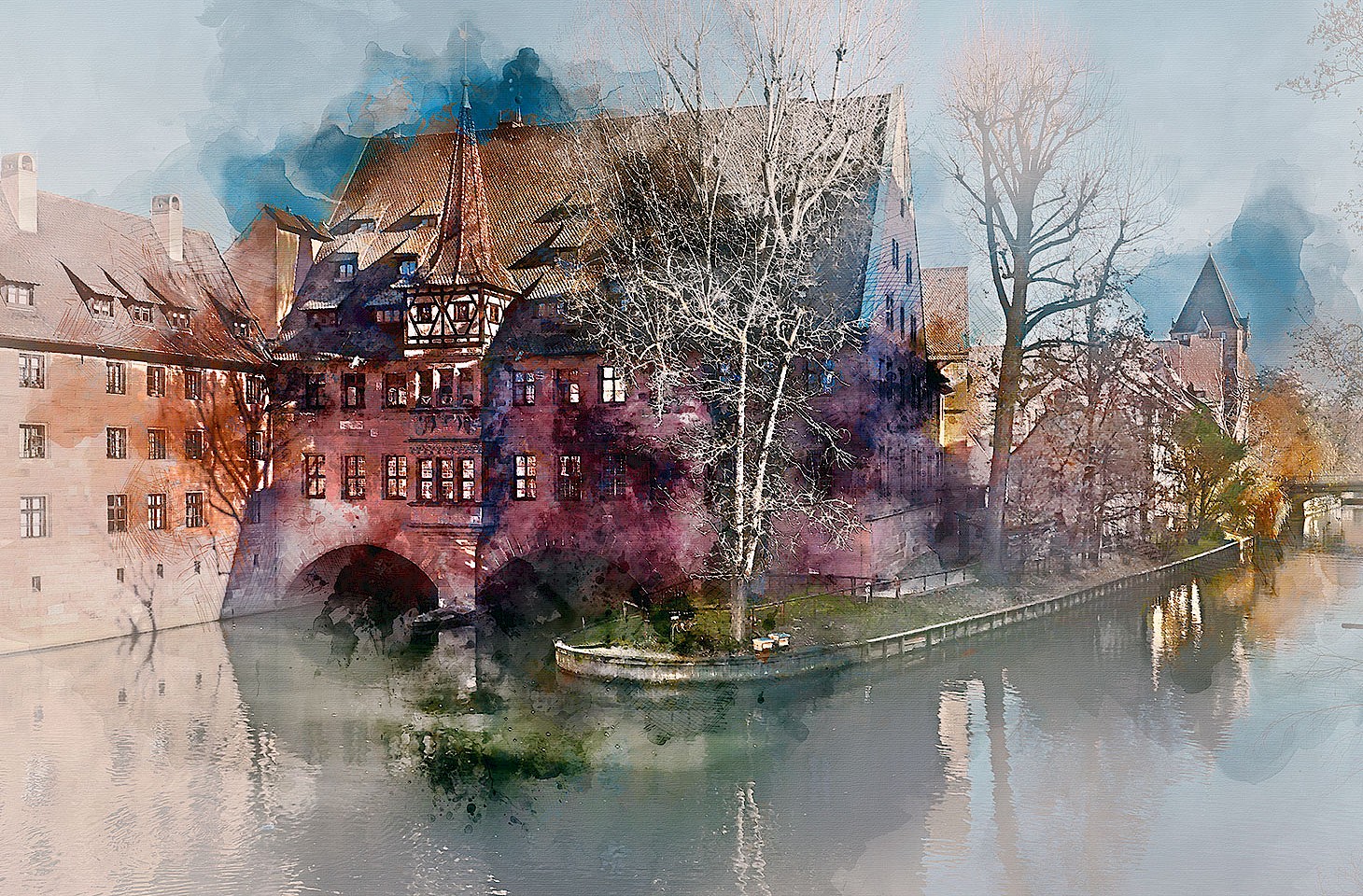Dear fellow travellers
It is interesting to reflect on the land in which one lives - which in our case is Germany. Our travels over the last fortnight have taken us from one end of this country to the other. We have dipped our toes in the chilly Baltic and nudged the border with Austria. We stopped in the mountains of Saxony, walked the streets of Stralsund and enjoyed spring sunshine on the banks of the Danube.
Yet strangely this is a country which neither of us really understands. One of us is a Berliner by birth, the other a Berliner by choice. The view from Berlin lends no advantage when its comes to reviewing the affairs of Germany.
In France, the capital city pundits simply presume that theirs is the right to comment on all things French. Heavens, when did you last hear a sharp political commentary on French affairs from Nancy or Nantes?
Paris et le désert français comes to mind. That was the title of a provocative 1947 book by French geographer Jean-François Gravier. In Germany, things are different. The economic landscape becomes ever more desert-like as one moves east towards Berlin. When the media need a wise commentator on economic issues, they turn to Frankfurt-am-Main rather than Berlin. In matters of finance Frankfurt rules the federal roost.
In a country where Hochkultur still holds considerable sway, the culture pundits are more likely to be in Bayreuth than in Berlin. And when it comes to football, all roads lead inexorably to Munich (even if many Germans from outside Bavaria take a less positive view of Bayern Munich than you might suppose).
This week's dreadful aviation disaster has played out in the international media with reports from Spain, France and Germany. It's telling that yesterday afternoon's press conference organised by Germanwings and Lufthansa was hosted in Cologne rather than Berlin.
Berlin is a city on the sidelines. As we travelled the length of Germany from the shores of the Baltic to the shadow of the Alps, we noted the gentle murmur of surprise as we admitted to coming from Berlin. For the capital of Germany is off-centre when it comes to many spheres of German life.
German cities have recently competed for national backing for a bid to host the 2024 Summer Olympics. Deep down, we Berliners all knew that Hamburg would get the nod. We just assumed - rightly as it turned out - that Berlin would never make the grade.
The international media are prone to accord to our city a prominence it hardly deserves. “Berlin argues for more pressure on Greece,” proclaimed the headlines earlier this month. But we Berliners all know of course that Berlin never argues for anything. It is the big players - cities like Düsseldorf and Munich - which press their case.
As we ponder modern Germany, we realise that our gaze from Berlin is that of outsiders. We look beyond the boundaries of our home city to a nation that tussles with its inheritance, a country that rarely speaks with one voice. Only occasionally, as when Germany won the World Cup in Brazil last year, is there a collective cheer, one that echoes from the Black Forest to the Baltic. It often takes a moment of great jubilation to bring this country together.
Or a time of dreadful desolation. This is indeed a day of desolation - a day when, right across this land, people are united in grief at the fate of all those on board Germanwings Flight 4U9525. And united in horror at the emerging account of the likely cause of that catastrophe.
Nicky Gardner and Susanne Kries
(editors, hidden europe magazine)



